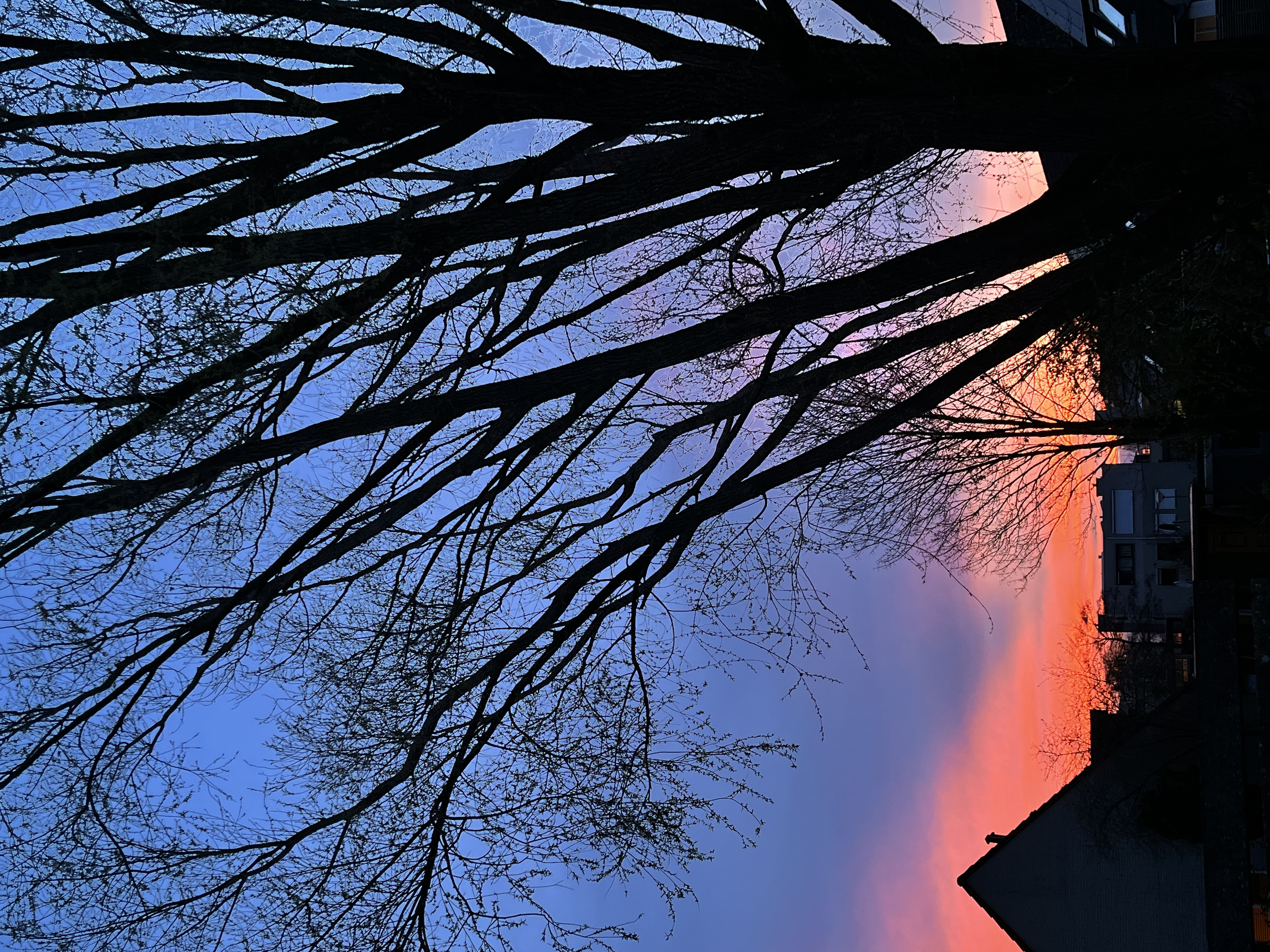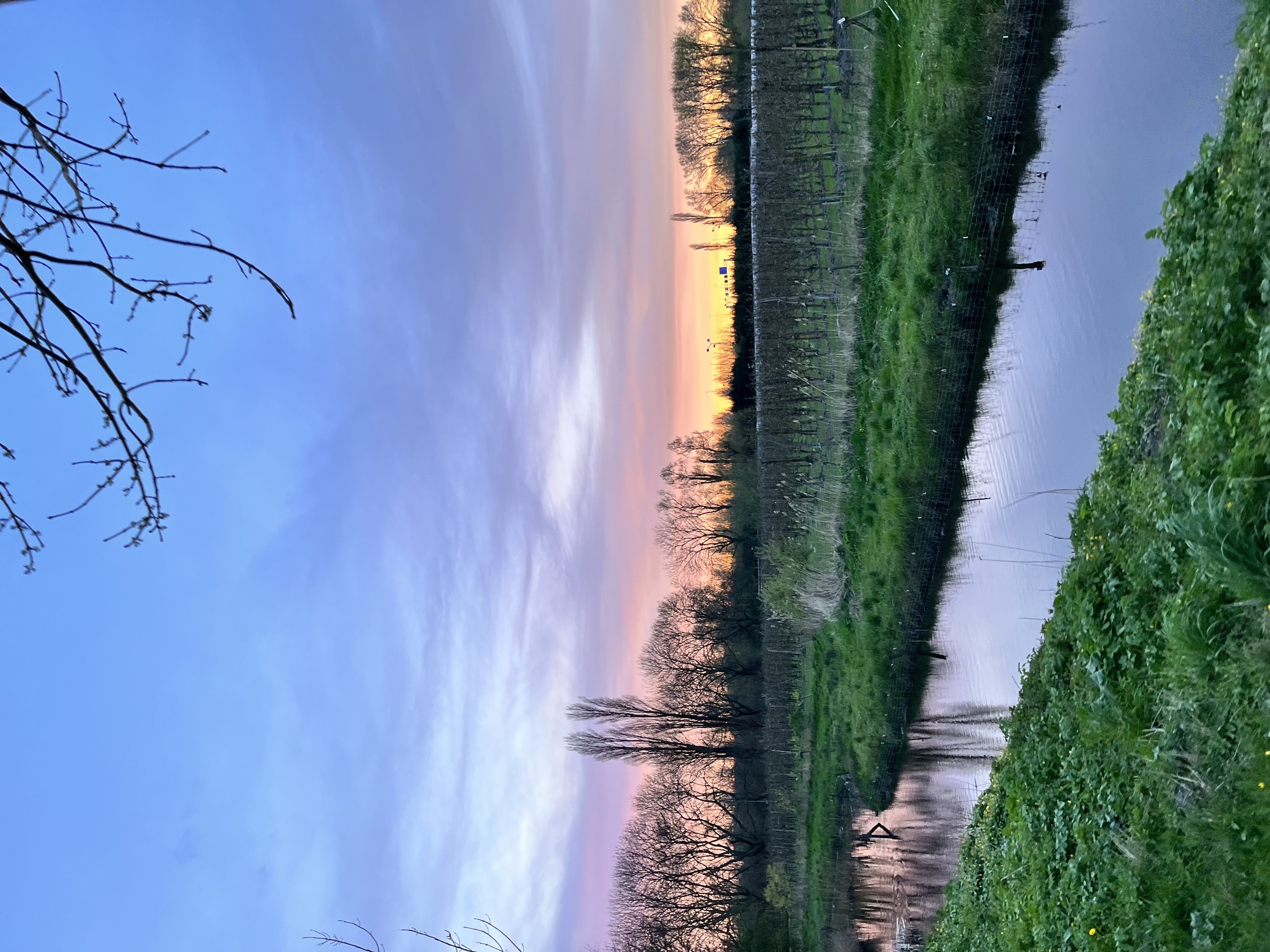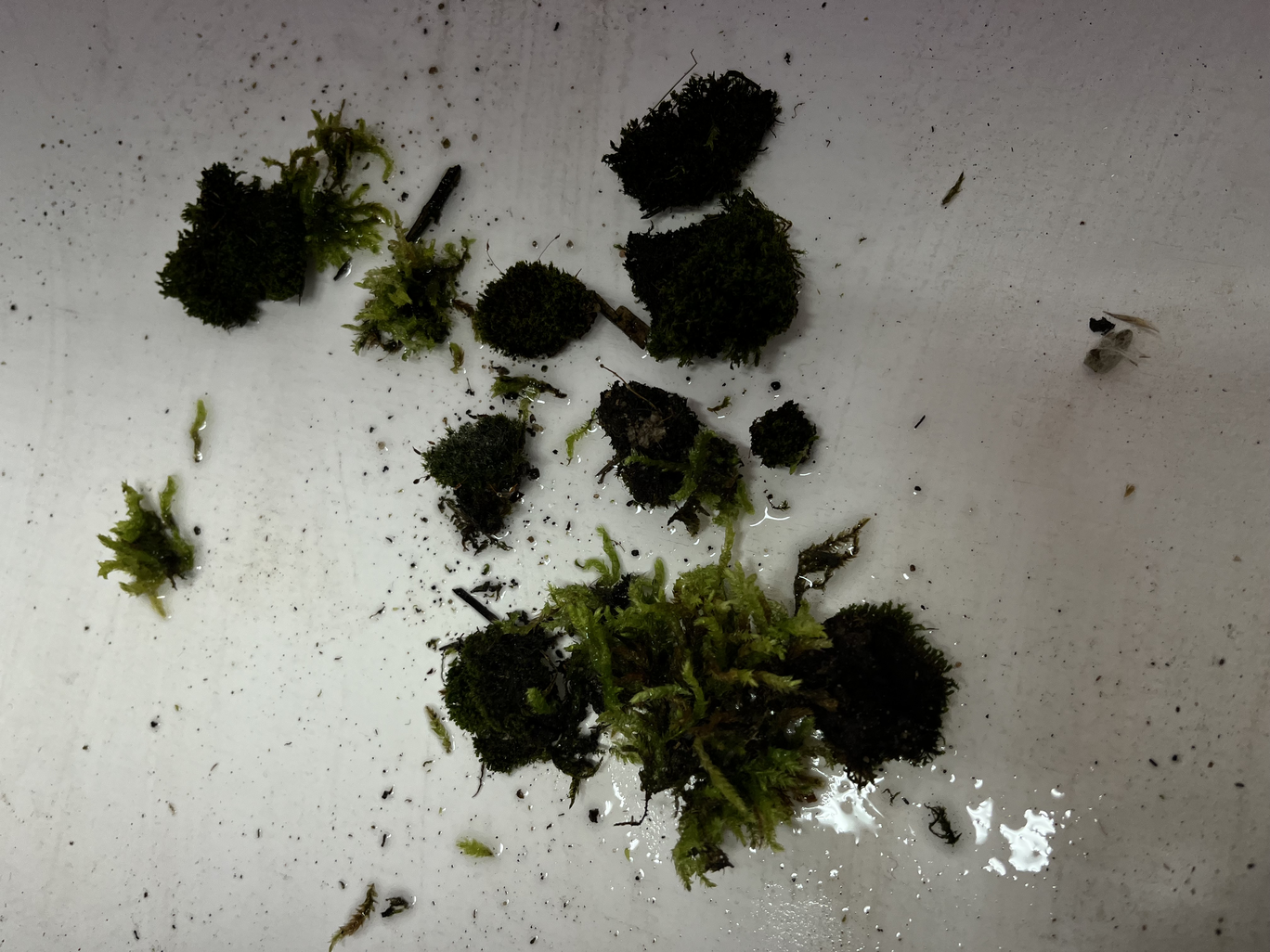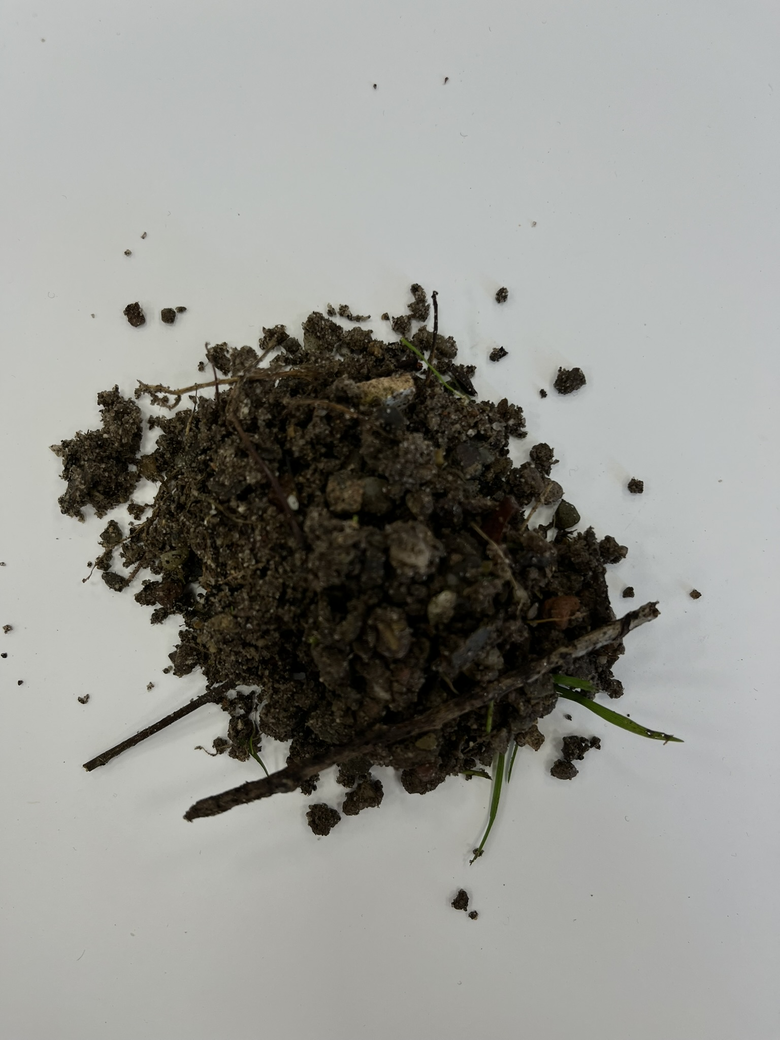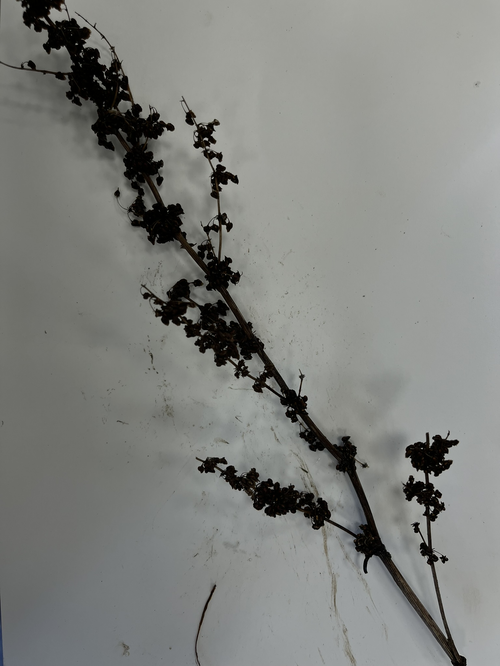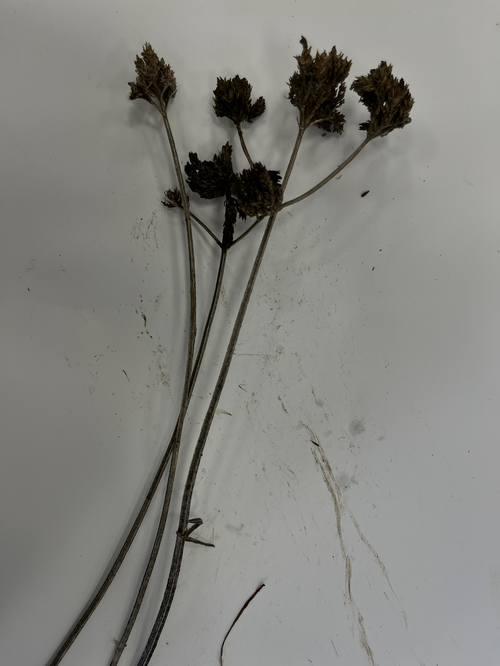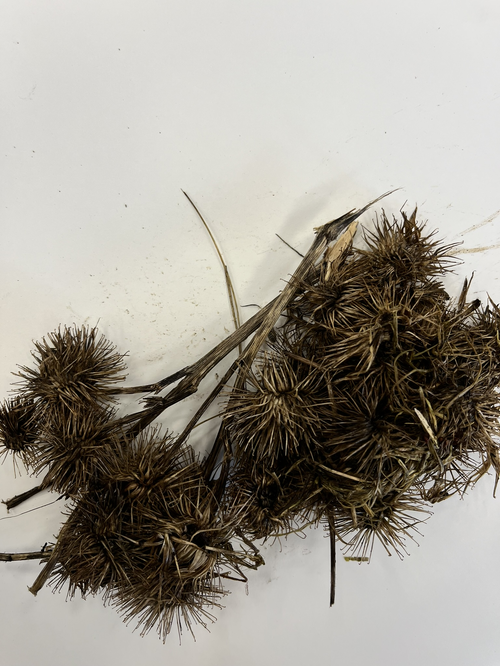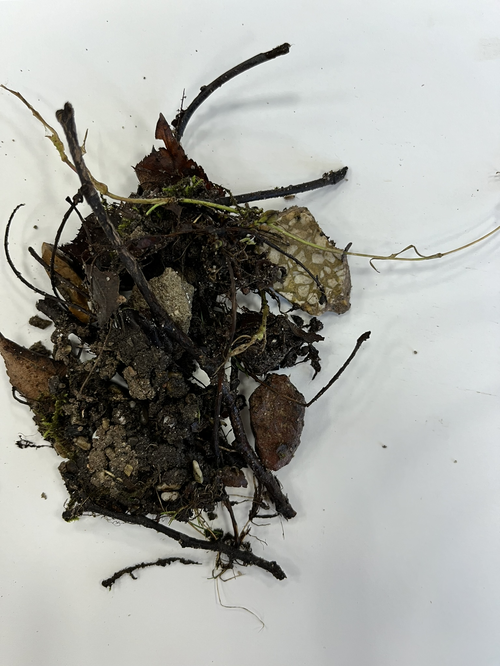9pm
I look through the frame of my bed towards the windows
the daylight flickers gently over my eyes
the sun is playing hide and seek
It's going to be a playful day
I think
that sunday my friend and I went to the Boos for a picnic a relaxed walk and the joy of eating together
I couldn't imagine my sunday going any other way
not until we started cycling together for the first time with alec
they knew the area well
I didn't have to worry about relying on my phone's voice that could barely keep up with my sense of direction and erratic pace
perhaps it’s just me who can't quite sync with it
It's funny how
the robotic, feminine, one-tone voice gets caught in a rapid, repetitive, breaking loop as if shouting with a fragile throat: "faire demi-tour, faire demi-t, prenez la direction sud-ouest et faire dem i t pr dans 200 metres prenez johan huizangalan et faire demi-tour".
I took a break that sunday
with alec It was something like what the situationists called L'Amour Fou
" who walks with me in this hour without leading me and whom, moreover, I do not lead?"x
members of the situationist movement adopted dérive as a tactic to explore the city
they had to drop any habit or tendency from everyday life
they called themselves psychogeographers
"seeing the city as a psychogeographical relief that they navigated in a playful-constructive movement alert to the attraction of the terrain and the encounters they found there"x
with alec
we followed our intuition attentive to each other's responses
no particular "order" was set we simply followed the path that seemed more attractive to us
when we reached havenstraat he urged us down a specific road that he described as "a path that would fit us"
I drifted
we jumped a couple of fences to cross the Havenstraat site, a depot complex dating back to 1914 originally built by the city tram company which over the years has become a kaleidoscope of painters collectors craftsmen second-hand stands public events and gatherings
it's one of these spaces in the interstices of cities that are created by circumstances by the accumulation of experiences throughout time and
policies
these shadowed spaces are overlooked, bypassed and unconsidered nooks and crannies"x
the psychogeographic "slopes » (plaques tournantes) « switching stations from which one could be pulled by the city in many different directions »
was for us the first gardener we encountered
« it’s closed, they’re taking it down, the whole complex »
his argument to keep us out felt like an urgency to get a taste of it before it faded into the politics of urban planning
we flighted the linesx
a few hours later and after a few detours, drifts, valuable finds and wanderings
we ended up in the boos
sharing a meal and exploring the wild edible plants
while i was foraging white garlic and stingy nettle
taking some sample of the different tones of the soil i was discovering
i started seeing in this decomposing organic matter
a moment of
in-betweenness
interval
where the past falls into its ultimate becoming
decay
of an organic matter, almost unnoticeable, fading into its microcosm
decay
of the spaces in-between
overpowered by the urban landscape
metamorphosis
a state of decomposition
where the history
dissolves
into
oblivion
yet
the traces remain
on the walls
on the stones
in the ground
fossils
of the manifold strata of times and spaces
and politics
the earth as i see it
a polyphony of vocabularies
of testemonies
if it speaks
what would it reveal
land
at the very heart of wars
conflicts
genocide
ecocide
if we learn how to listen
without being a spokesman
what would we find out
about a history of which the narration
isn’t
altered
by an anthropocentric grammar
what am I listening to?
How can we understand the relationality embodied in soil?
when things come apart and back together in a constant motion
What stories does it carry?
